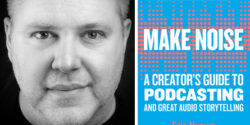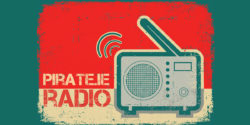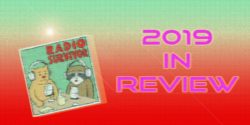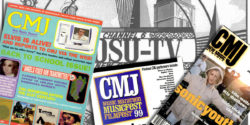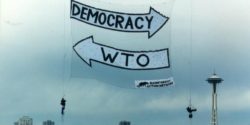Eric Nuzum started NPR’s podcasting efforts in 2005 where he worked for over a decade and helped produce hit shows like “TED Radio Hour” and “Invisibila” – he left NPR for Audible, where he led Amazons efforts in the realm of short form audio and podcasts until 2018. Eric Nuzum is currently a consultant and […]
